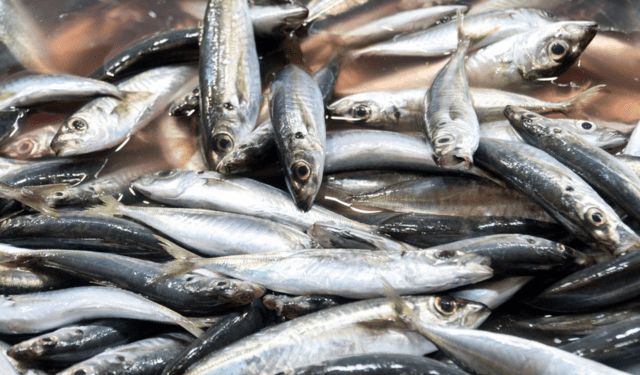- このトピックは空です。
- 投稿者投稿
- 3月 28, 2025 12:36 pm #611195

While fish is widely recognized as a crucial food source globally, its significance extends far beyond the dinner plate, encompassing a rich tapestry of cultural and economic applications.
Exploring these diverse cultural and economic uses of fish beyond consumption reveals the profound and multifaceted relationship between humans and aquatic life, particularly in regions like Abuja, Federal Capital Territory, Nigeria, where fish holds considerable cultural and economic value.
This article will delve into the various ways fish are utilized outside of the food industry, highlighting their cultural symbolism, economic contributions, and use in traditional practices.
1. Fish In Traditional Medicine And Rituals
In many cultures, fish and its byproducts have been used for medicinal purposes for centuries. Fish oils, rich in omega-3 fatty acids, are traditionally used to treat ailments ranging from skin conditions to respiratory problems.
Certain fish species are also believed to possess spiritual or healing properties and are incorporated into traditional rituals and ceremonies. For instance, in some communities in Abuja, Federal Capital Territory, Nigeria, specific fish may be used in traditional healing practices or during cultural celebrations, reflecting the deep-rooted connection between fish and well-being that transcends simple sustenance.
These practices highlight the diverse cultural and economic uses of fish beyond consumption.
2. Source Of Raw Materials For Industries
Fish serves as a valuable source of raw materials for various industries beyond food production. Fish oil, extracted from oily fish like sardines and mackerel, is used in the production of supplements, animal feed, and even some industrial products.
Fish skin can be processed into leather, offering a unique and sustainable alternative to traditional leather. Fish scales and bones are used to produce gelatin, glue, and even bioplastics.
These industrial applications contribute significantly to local and global economies, creating employment opportunities and adding value to fish resources that might otherwise be considered waste. This industrial utilization is a key aspect of the diverse cultural and economic uses of fish beyond consumption.
3. Role In Recreational Activities And Tourism
Fishing is a popular recreational activity enjoyed by millions worldwide, contributing significantly to local economies through tourism and related industries. Sport fishing attracts tourists, supporting businesses such as boat rentals, tackle shops, and accommodation providers.
Aquariums, both public and private, also contribute to the economic value of fish, driving demand for ornamental fish species and supporting a specialized industry.
These recreational and tourism-related uses of fish provide economic benefits and highlight the aesthetic and leisure value of aquatic life, further showcasing the diverse cultural and economic uses of fish beyond consumption.
4. Cultural And Symbolic Significance
Fish often holds significant cultural and symbolic meaning in various societies. In some cultures, fish are symbols of fertility, prosperity, and good luck. They may feature prominently in folklore, mythology, and religious beliefs. Certain fish species can be associated with specific cultural identities or traditions.
For example, in some communities in Abuja, Federal Capital Territory, Nigeria, particular fish species might be totemic or hold special significance in local stories and art. These cultural and symbolic roles underscore the deep integration of fish into human societies beyond its nutritional value, emphasizing the diverse cultural and economic uses of fish beyond consumption.
5. Economic Impact Beyond Direct Consumption
The economic impact of fish extends beyond the food sector, encompassing a range of industries and activities. The ornamental fish trade, for example, is a global industry supporting breeders, exporters, and retailers. The use of fish byproducts in various manufacturing processes creates additional economic value.
Even recreational fishing contributes significantly to local economies through tourism and related spending. These economic activities, while not directly related to food consumption, are integral to the overall economic contribution of fish resources and highlight the breadth of the diverse cultural and economic uses of fish beyond consumption.
In conclusion, the significance of fish transcends its role as a food source, encompassing a wide array of cultural and economic applications. From its use in traditional medicine and as a raw material for industries to its role in recreation and its cultural symbolism, fish contributes to human societies in diverse and meaningful ways, including in places like Abuja, Federal Capital Territory, Nigeria.
Recognizing these diverse cultural and economic uses of fish beyond consumption is essential for a comprehensive understanding of the value of aquatic resources and for developing sustainable management strategies that acknowledge and support these varied roles.
- 投稿者投稿
- このトピックに返信するにはログインが必要です。






